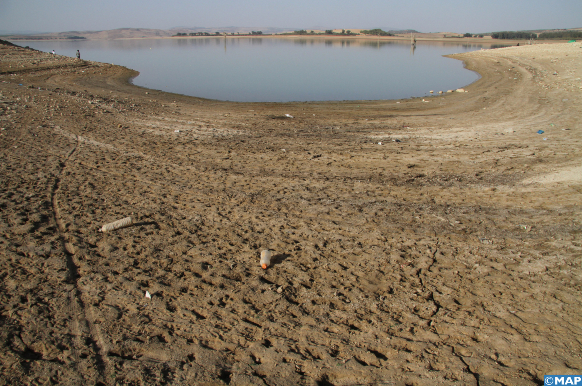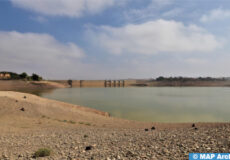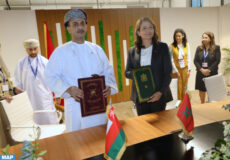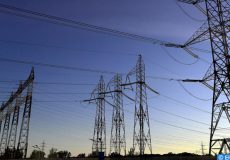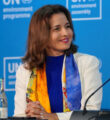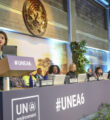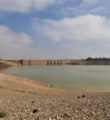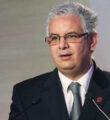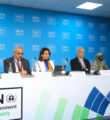Morocco Holds Side-Event on Water Scarcity in Geneva
Geneva – Morocco organized, Monday in Geneva, a virtual side-event on ”the urgency to act together to face water scarcity through the implementation of sectoral strategies”, as part of the works of the 50th session of the Human Rights Council.
This event, initiated by the diplomatic mission of the Kingdom in Geneva, with the participation of an array of renowned panelists, was an occasion to discuss issues and challenges related to access to water as a human right.
In his opening remarks, Morocco’s Ambassador in Geneva, Omar Zniber, explained that the theme for this event “is driven by the growing importance of this issue within the works of the UNHRC, due to the increasing impact of climate change on the basic rights of people to enjoy safe drinking water, food security and health.”
Only half of the African population has access to safe drinking water, with all the implications on their daily lives, their health and the development of their countries, which accentuates the difficulties for the most vulnerable people, the diplomat observed.
For his part, the director in charge of research and planning at the Ministry of Water and Equipment, Abdelaziz Zerouali, highlighted Morocco’s national policy for water resources planning, through the implementation of diversified measures to ensure continuous access to drinking water, including the construction of dams to ensure sustainable irrigation of agricultural land.
Morocco has significant hydrological infrastructure, consisting mainly of over 149 large dams that store over 19 billion cubic meters of water, as well as 159 wastewater treatment plants and 9 seawater desalinization plants, he recalled, noting that this policy has enabled Morocco to overcome periods of severe drought, as in the current year.
For his part, the CEO of Geneva Water hub, Mark Zaitoune, said his organization is working for the use of water resources to serve peace in the world, explaining that in times of war, it is appropriate to share these resources, limit the adverse effects of violence caused and mitigate the suffering of populations.
Professor Mohamed Tahir Srairi, from the Hassan II Agronomic and Veterinary Institute, presented the recent policies adopted in the field of water governance, the impact of these policies on the field of agriculture, as well as the prospects for a sector that employs more than 40% of the active population.
Morocco is characterized by the diversity of its agricultural system to obtain products of primary necessity thanks to renewed irrigation methods, he said, adding that food sovereignty and water efficiency must be priorities today.
The promotion of good agricultural practices in conservation agriculture, the integration of legumes, or better use of crops by livestock are all the beginnings of responses to the problem of climate change, Srairi argued.
For her part, Veena Srini Vasan, a researcher affiliated with the World Meteorological Organization (WMO) in Geneva, drew a comparison between the Indian and African contexts, concerning water reserves.
Africa, unlike India, has rich groundwater. The overuse of this resource has direct repercussions on governance in terms of access to drinking water, she noted.
The panel saw the participation of representatives of permanent missions to the United Nations Office and other international organizations in Geneva, in addition to representatives of NGOs interested in the theme of water scarcity.



